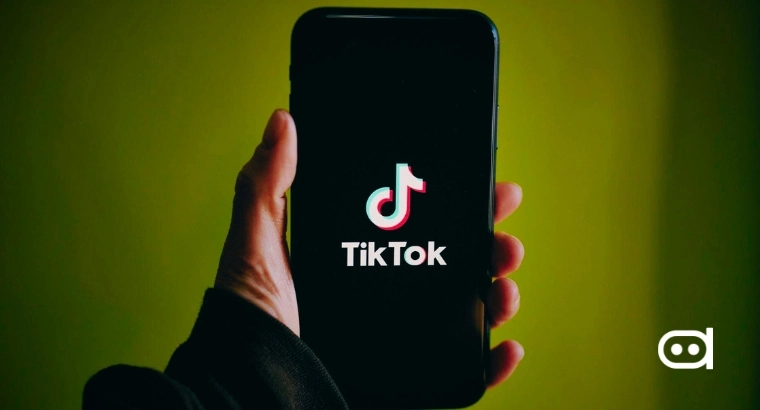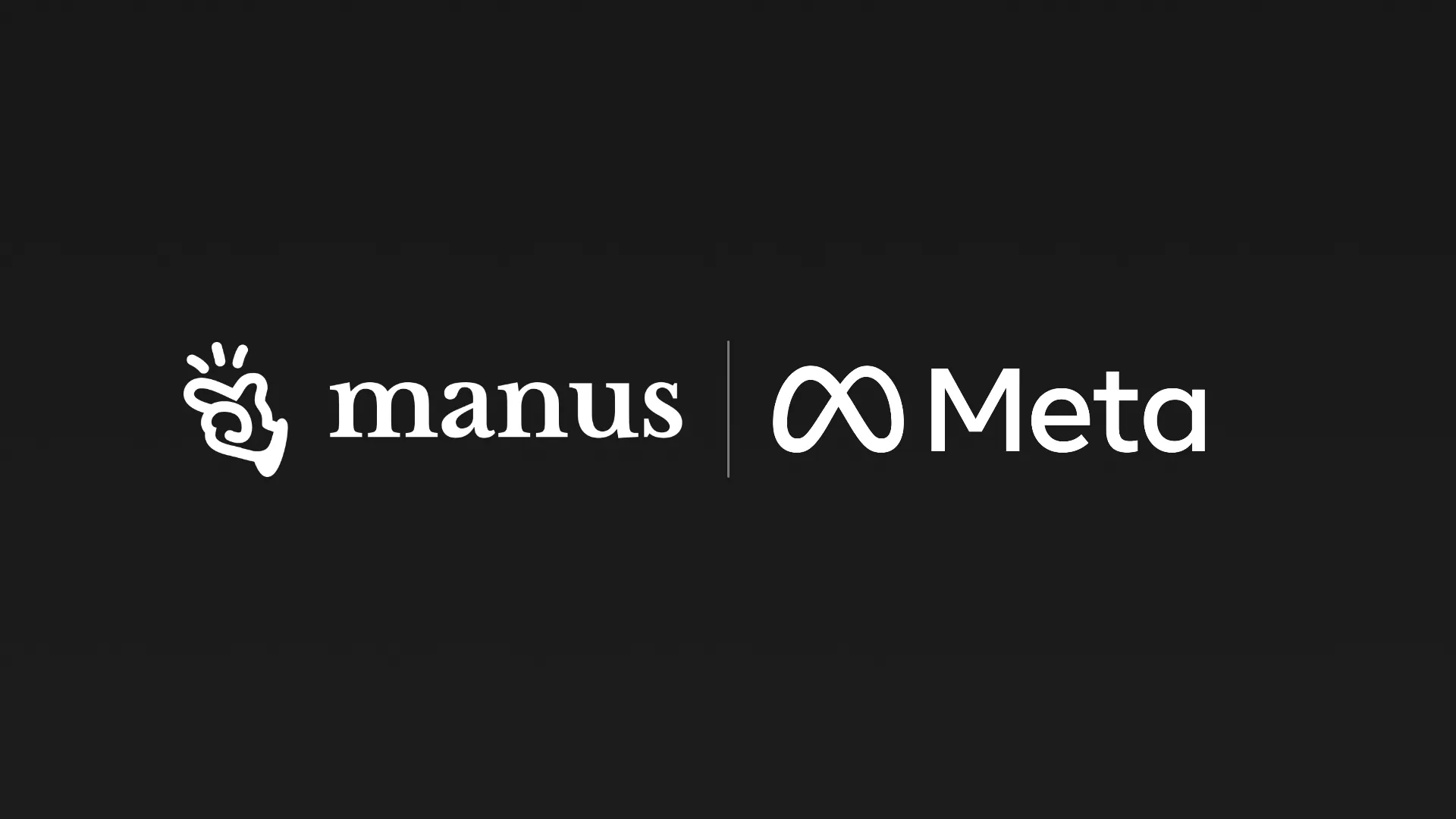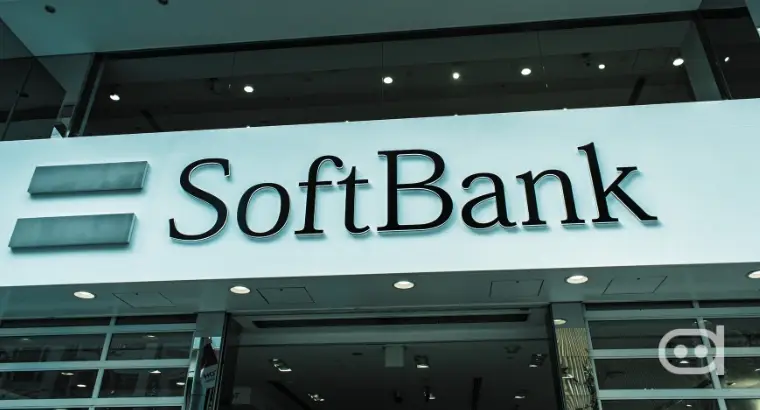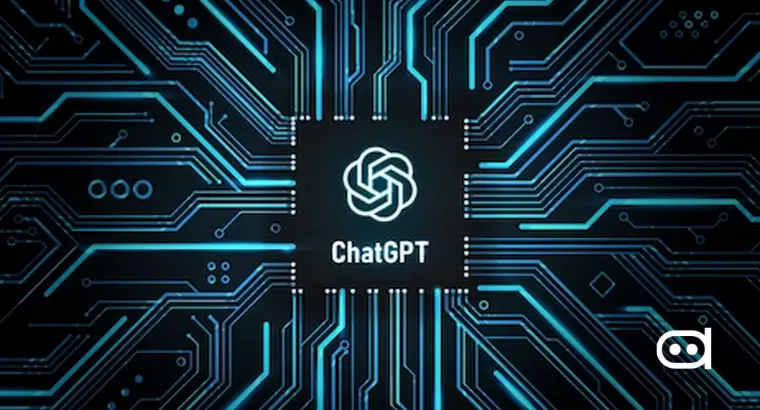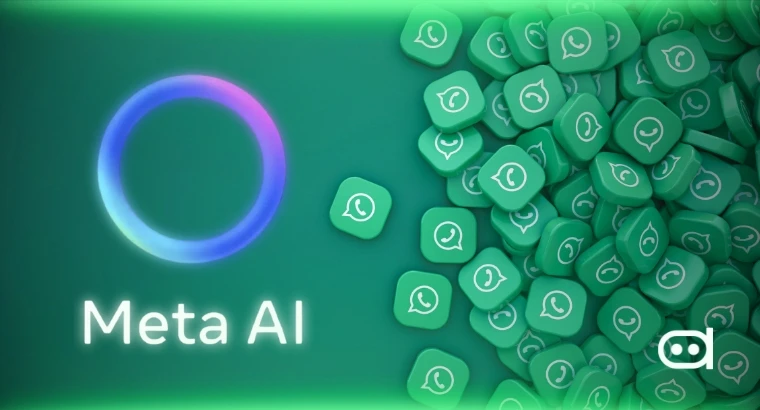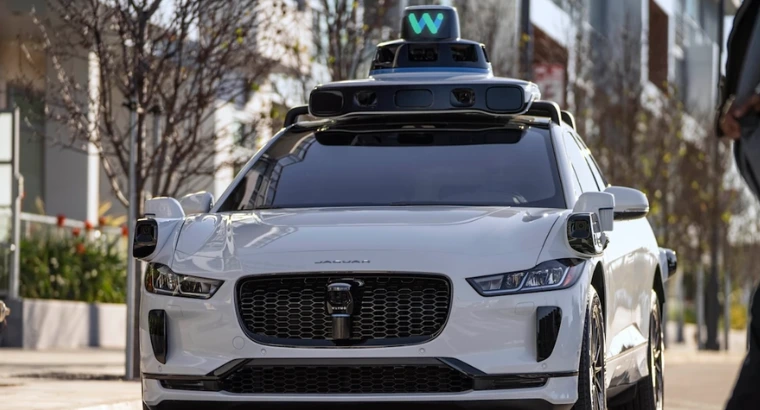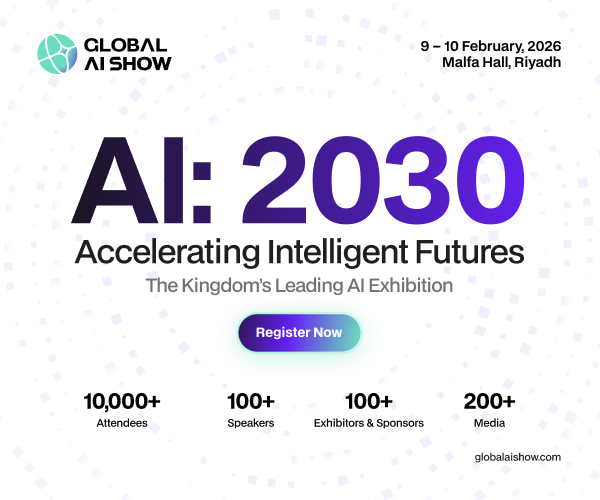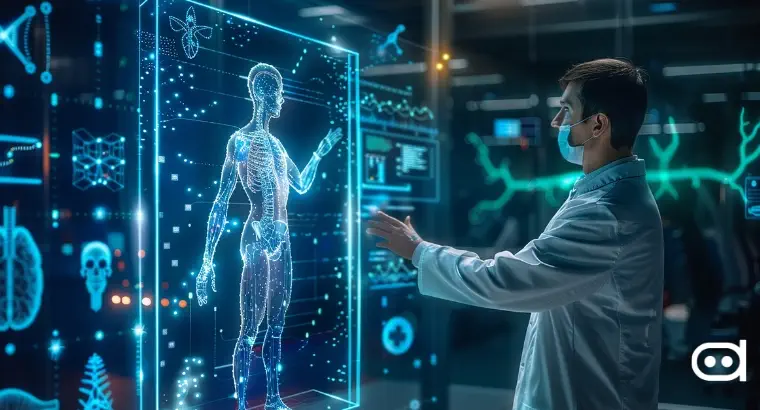
- Paige, a leader in AI-based medical technology, has partnered with Microsoft to unveil next-generation AI models designed to enhance the accuracy and speed of cancer diagnosis significantly.
- This groundbreaking collaboration leverages Paige’s expertise in medical imaging and Microsoft’s AI capabilities, promising to set a new benchmark in oncological care and revolutionize how clinicians detect and treat cancer.
Paige and Microsoft have unveiled cutting-edge AI models specially designed to diagnose cancer, a major step in the field of medical technology. This partnership wants to take advantage of Paige’s pioneer status in AI-driven medical imaging and Microsoft’s position as a tech giant that has innovated with artificial intelligence by improving the speed and accuracy of cancer detection.
However, this collaboration goes beyond technological innovation; instead, it is a strategic initiative to address one of the biggest healthcare problems today—early and accurate cancer diagnosis. Therefore, by linking Paige’s pathology expertise with Microsoft’s advanced cloud computing infrastructure AI, these new models should provide precision that has never been seen before. This is significant because early detection means better patient outcomes in cancer care.
Transforming Diagnosis Through Scalable AI Models
They are based on massive datasets containing millions of pathology images that were used to train them, developed by Paige and Microsoft. Consequently, they can identify even those most subtle signs of cancer which can go unnoticed by human eyes. As a result, their diagnostic capabilities are unprecedentedly dependable and much faster than currently available techniques.
These AI models are also flexible, so they can be incorporated into existing healthcare systems without any disruptions. The use of these technologies does not require any substantial changes in infrastructure, such as hospitals or clinics adopting them, thereby making them accessible to more providers within healthcare.
Furthermore, a critical benefit from this partnership comes from its use of the Azure cloud platform powered by Microsoft for efficient scaling and global deployment, among other things. Its broad reach is vital in narrowing gaps associated with varied regions’ different cancer diagnosis rates, especially where access to specialized healthcare services is limited due to a lack of resources.
This partnership expands on what it means for health care when tech firms join forces with experts from medicine in novel ways, such as cross-industry partnerships between Paige and Microsoft. Instead of just enhancing diagnostic capacity through combining their strengths, Paige and Microsoft are changing how machine learning will shape medicine forever.
Conclusion
These new AI models by Paige and Microsoft represent a major step toward cancer diagnosis. Therefore, they can change how cancer is found and treated, leading to better patient results by combining technological advancements with medical expertise. Consequently, when these AI models are integrated into different healthcare systems globally, they could revolutionize early cancer detection and treatment, hence marking a new era in the fight against cancer.
Latest Stories :
Thomas Dohmke on GitHub’s Copilot: The Future of Development
